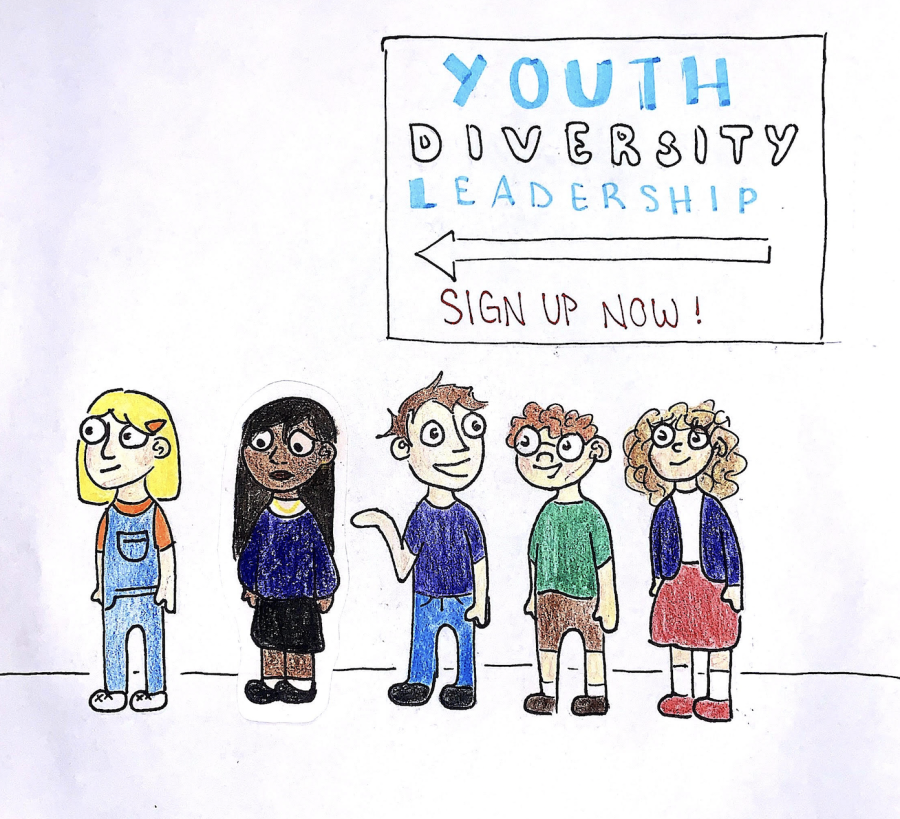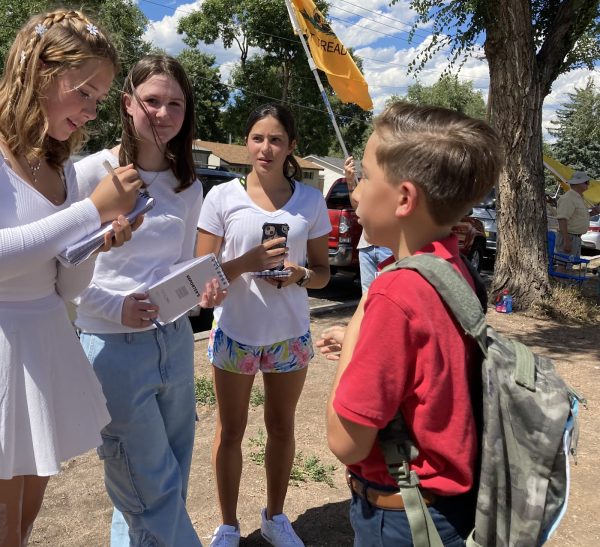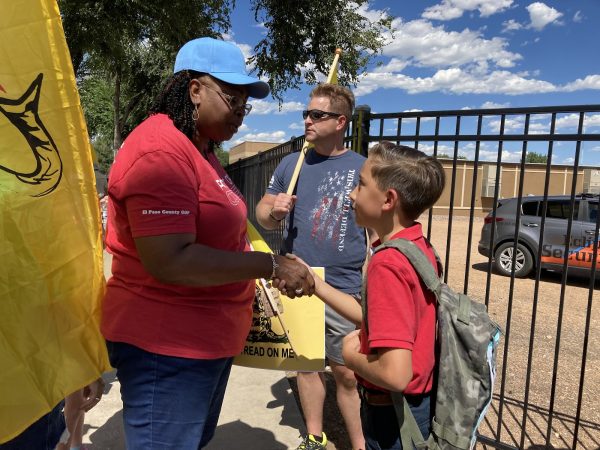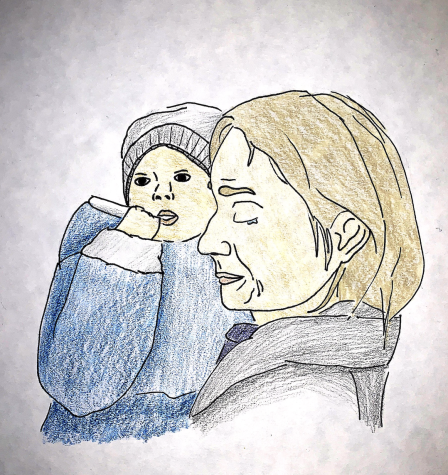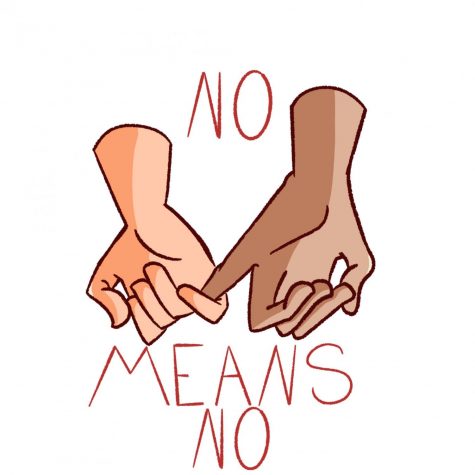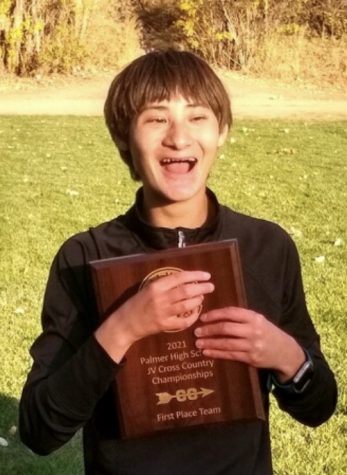You Forgot the Minority, Again
For decades, summer camp has been an idyllic paradise for adults and children alike. Parents are relieved of their child-rearing duties, can kick back with a glass of wine, and kids are released from the throes of schooling, gorging on candy and staying up until midnight.
The latest trend calls for leadership camps fashioned for minority youth. This honorable social venture promises to level the playing fields, give underrepresented groups opportunities, and create an inclusive environment.
However, are these camps really delivering their promises?
My time spent participating in the Colorado Rocky Mountain Youth Leadership Conference, designed to emphasize initiative qualities, proved it had a strong curriculum laden with respect and self-awareness.
But despite their noble efforts, my experience revealed that this camp fell short of its delivery. Rather than morphing minority teens into the next generation of leaders, it instead led advantaged teens down the path of patriotism and isolation.
What I saw was mostly white, tall, blonde adolescents attending a camp intended to emphasize leadership skills. Where were the minority and LGBTQ kids?
In fact, in a study done by multiple American university professors on the leadership experiences of students of color, they declared, “Literature reveals that low numbers of minority student populations, including ethnic minorities and [LGBTQ+] students, participate in high-profile leadership roles at universities.”
Dartmouth economist Eric Chyn and Carnegie Mellon economist Kareem Haggag studied the by-product of minority peer exposure in American schools and established that white students’ perceptions became increasingly more diverse with the introduction of divergent peers.
These teen extroverts were piled from schools across Colorado into a single pale room, creating overlap in personalities and aggression to be the cherry on top. Countering the other for a chance at receiving an award was the only goal, and there was exclusively one way to accomplish it: like Star Trek’s the Borg, assimilate the odd one out.
The quiet, ethnic, or strange kids were treated by peers as cattle, something to tame and control. Hardly a display of leadership, and yet it was encouraged. I was made to feel I had a problem for being noiseless and Asian, and I was quickly turned into a project, something to toy with and perfect. Another Japanese girl nicknamed Quasimoto due to her looks, and an El Salvadoran immigrant, who spoke poor English, was often neglected and judged harshly for an essay he could not write.
What kind of camp disregards these shocking? acts?
The character Quasimodo from The Hunchback of Notre Dame embraces the very qualities of leadership by leading Esmerelda, his love interest, to liberation. The cornerstone of leadership is progress, compassion, and freedom, and the camp failed to recognize these core values.
I am reminded of Wednesday and Pugsley in Addams’ Family Values, as they were sent to summer camp laden with pretty blonde girls in braids and camp counselors brainwashing with cheers of Kumbaya. The pressure to submit to conformity for being eccentric was astounding. I now know their burden and the persecution they suffered.
At camp The Addams’ children’s torture was watching Disney movies. My torture was gawking eyes treating me like a malfunctioning part. No amount of tinkering could fix me in their minds.
Camps like these pit kid against kid, race on race, and personality versus personality. They exclude diversity and opportunities to expand on developing a more knit community. They treat leadership as a finite set of skills capable of teaching any kid.
They miss the point. Leadership is less about molding people, and more about recognizing individuals’ talents and fostering them.
In 2002, American university researchers conducted a study to explore the student experience of ethnic minorities in a predominately Caucasian four-year college. The study found, “Students of ethnic minorities felt that segregation existed between their ethnic organization with both Caucasian students and other ethnic minority groups.”
It’s clear these events have a problem with giving priority to the people who need it the least. These camps, conferences, and activities weren’t made for youth in need. Abundant with unequal opportunities, racial groups are left in the dust, underrepresented and furthering the cycle of impoverished behavior that often leads into adulthood.
High-paying jobs in America that exhibit leadership, such as company founders or business managers, are dominated by Caucasians.
Stated by Zippia, a website that specializes in career research, 80.9% of CEOs are white, while a sparse 6.8% identify as Asian, and another 6.8% identify as Hispanic.
Students who lack leadership skills need experiences made for them in order to guide their futures. Individuals who have lived a privileged life of honing the craft of leadership must pass the crown to them in hopes of loosening the chains of disparity and unbalanced circumstances.
Teach minority children what they’re least likely to learn: cultural awareness, equity, and self-confidence. These ostensibly minor characteristics can make or break generations of children struggling under the oppression of decades of educational neglect.
Would I attend the camp again? You bet. I learned what it means to be a great leader through their failures.

